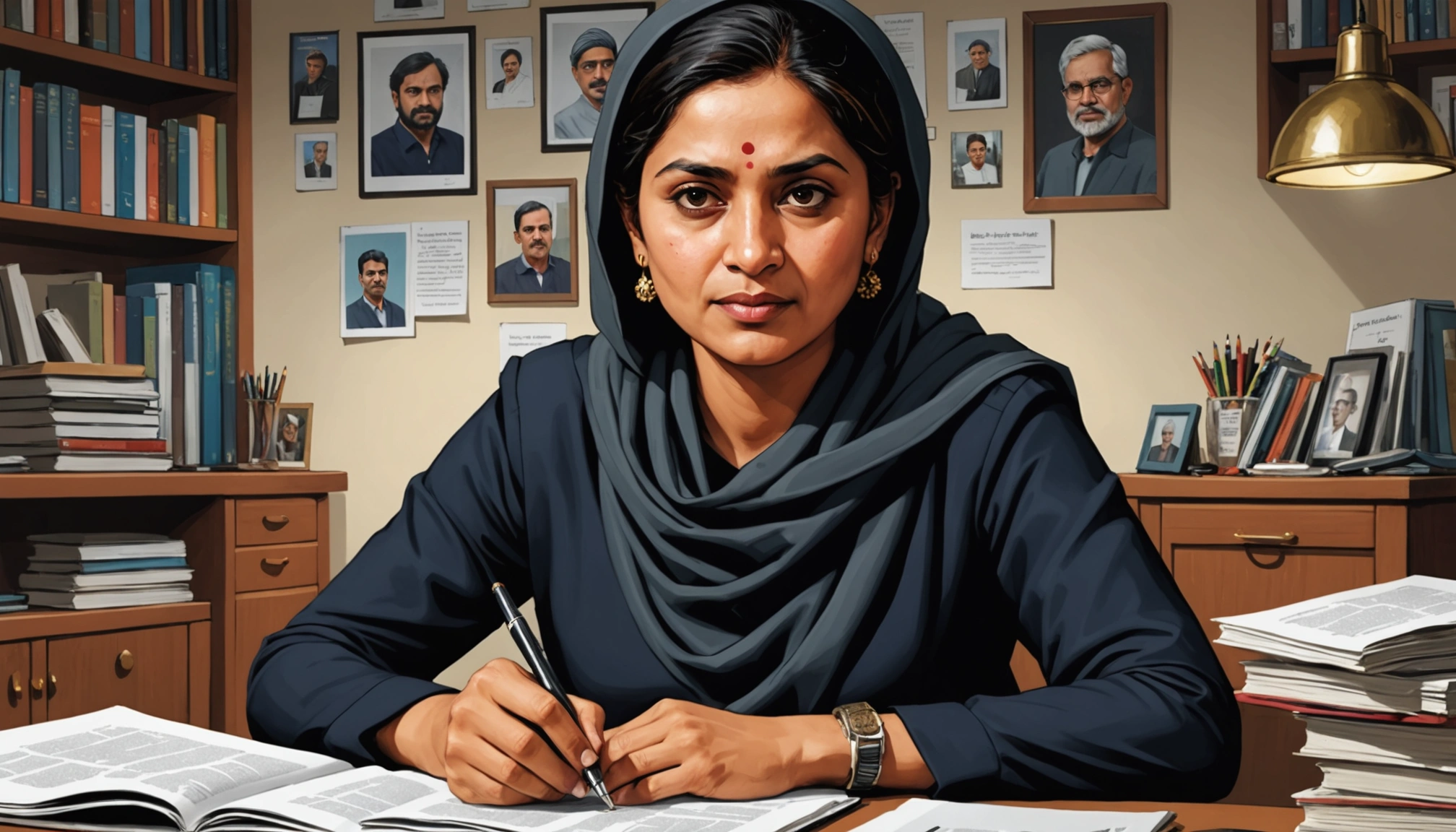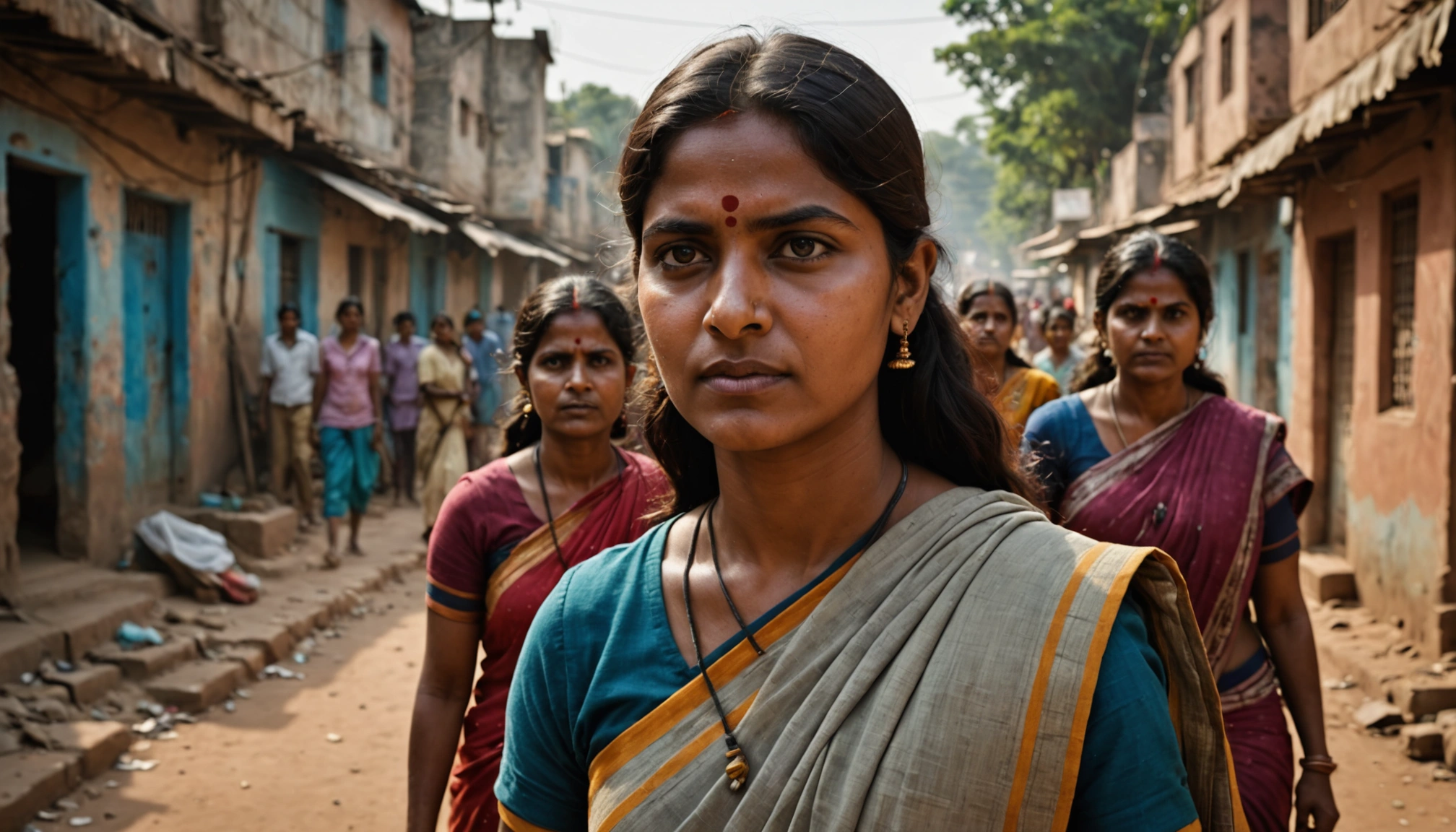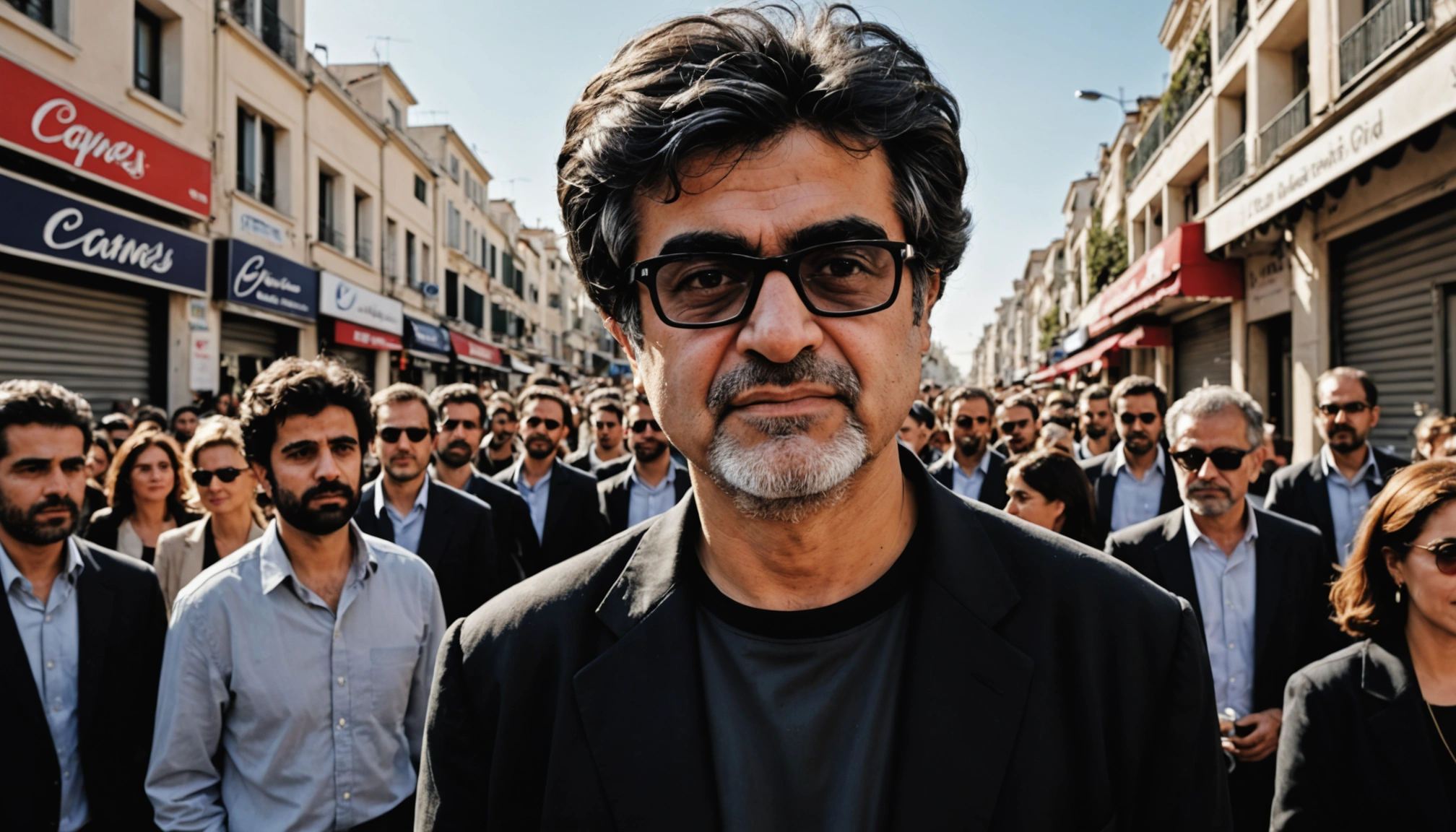Banu Mushtaq Makes History as First Kannada Writer to Win International Booker Prize

Banu Mushtaq, a writer, lawyer, and activist from Karnataka, India, has been awarded the 2025 International Booker Prize for her collection of short stories, "Heart Lamp." Translated from Kannada by Deepa Bhasthi, "Heart Lamp" marks a historic win as the first work translated from Kannada to receive the prestigious award. The £50,000 prize will be shared equally between Mushtaq and Bhasthi, recognizing both the author's compelling storytelling and the translator's skillful rendering of the work into English.
A Voice for Marginalized Women
"Heart Lamp" is a collection of 12 short stories that chronicle the lives of women in patriarchal communities in southern India. Written over a span of three decades, from 1990 to 2023, the stories delve into the daily struggles and triumphs of Muslim women and girls, exploring themes of gender inequality, religious oppression, and the fight for women's rights. Mushtaq's background as a journalist and advocate shines through in her writing, offering a sharp and insightful perspective on the challenges faced by women in her community.
In an interview, Mushtaq explained that the stories were inspired by the daily incidents that happened to women around her. She stated, "I witness [this] day to day, in my daily life, because so many women come to me. They have brought all the problems with them. They seek relief. But some of the women, they don't know why they are suffering."
Breaking Barriers and Inspiring Change
Mushtaq's win is significant not only for her personally but also for Kannada literature and Indian literature as a whole. She is the second Indian author to win the International Booker Prize, following Geetanjali Shree, who won in 2022 for "Tomb of Sand," translated from Hindi by Daisy Rockwell. Bhasthi is the first Indian translator to win the prize.
In her acceptance speech, Mushtaq expressed that the moment felt like "a thousand fireflies lighting up a single sky, brief, brilliant, and utterly collective." She emphasized that her win was "more than a personal achievement" and an "affirmation that we as individuals and as a global community can thrive when we embrace diversity, celebrate our differences and uplift one another."
Bhasthi highlighted the importance of the award for a book focused on women's stories, stating that "the story of the world is a history of erasures — and is often characterised by the effacement of women's triumphs and their stories." She also expressed hope that the prize would lead to more translations from Kannada and other South Asian languages.
A Journey of Resistance and Resilience
Mushtaq's journey as a writer has not been without its challenges. She has faced criticism from community elders and even survived an attempted attack due to her outspoken views on women's rights and social justice. Despite these obstacles, she has remained steadfast in her commitment to using her words to advocate for change and give voice to the marginalized.
Her dedication to women's rights is evident in her work as a lawyer and activist. Mushtaq has consistently fought against caste and religious injustice, using her platform to raise awareness and promote equality. Her stories reflect this commitment, portraying women characters who challenge patriarchal norms and assert their agency.
The Art of Translation: Bridging Cultures
Deepa Bhasthi's role in bringing "Heart Lamp" to an international audience cannot be overstated. Her translation captures the nuances and complexities of Mushtaq's writing, making it accessible to readers across cultures. Bhasthi describes her approach to translation as "translating with an accent," aiming to preserve the unique flavor and cultural context of the original work.
In her acceptance speech, Bhasthi gave a "shout out to translators," recognizing their vital role in connecting readers with literature from around the world. She emphasized the importance of translation in promoting cross-cultural understanding and celebrating linguistic diversity.
A Beacon of Hope for Regional Voices
The International Booker Prize win for "Heart Lamp" is a significant victory for regional language literature in India. Kannada, spoken primarily in the southern state of Karnataka, has a rich literary tradition that often goes unnoticed on the global stage. Mushtaq's award brings much-needed attention to Kannada literature and paves the way for more translations of works from other regional languages in India.
This recognition is particularly important in a country as diverse as India, where numerous languages and cultures coexist. By highlighting the voices of writers from regional backgrounds, the International Booker Prize helps to promote inclusivity and celebrate the richness of India's literary landscape.
Looking Ahead: A Legacy of Empowerment
Banu Mushtaq's International Booker Prize win is a testament to her talent, courage, and unwavering commitment to social justice. "Heart Lamp" is a powerful collection of stories that will resonate with readers around the world, offering a glimpse into the lives of women who are often overlooked and marginalized.
As Mushtaq continues her work as a writer, lawyer, and activist, her voice will undoubtedly continue to inspire and empower women in India and beyond. Her legacy will be one of resistance, resilience, and a deep belief in the power of storytelling to create positive change.
Related Articles

Japan's Animation Industry Embraces AI to Combat Labor Shortages and Boost Creativity

Indian Women Artists Shattering Records and Challenging Norms on the Global Stage
